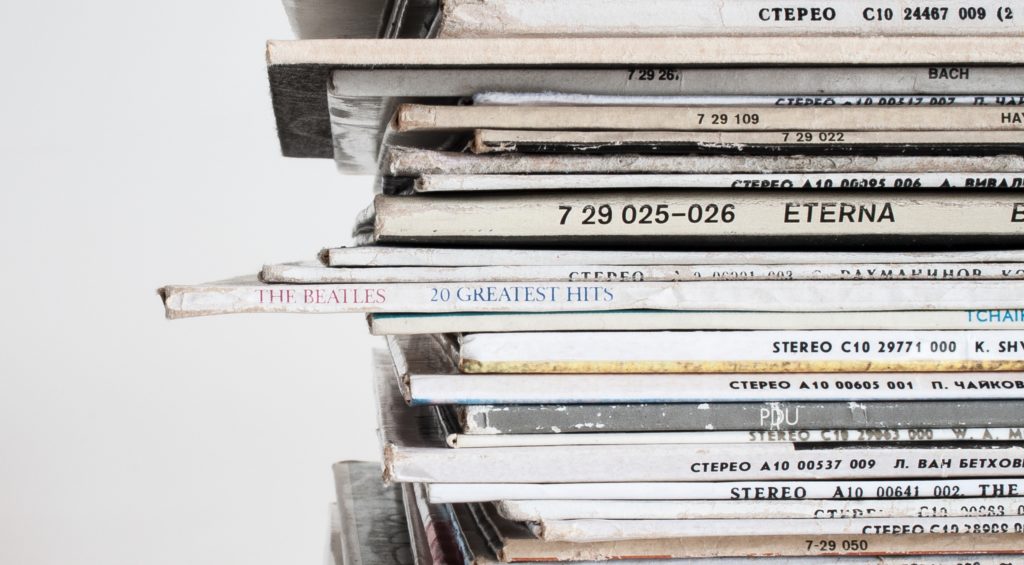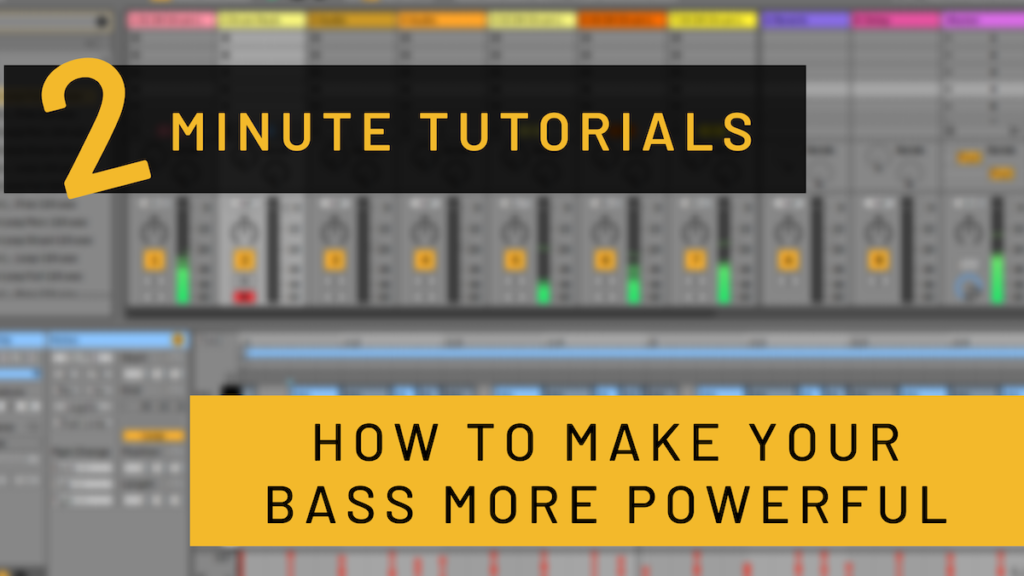Let’s face it: the reason most of us are producing music is to get our work into as many hands (and ears) as possible. There comes a time in every producer’s career when they feel they are ready to make the switch from producing for themselves to producing for the masses. The question is, how do we get our music to the masses? This is where record labels and music distributors come in. But what exactly is the role of a record label?
The Role of a Record Label
The main role of a record label in the music industry is to handle the distribution and promotion of their signed artists’ music. The label makes money by taking a portion (usually half) of the ownership of the artist’s music. A record label will use its platform to generate sales and streams of its music. These sales and streams will come from their reach, their following, and their connections. Labels generally adhere to a specific style of genre or sub-genre. They will generally stick to a certain tier of music quality as well.
Over time, consistently releasing quality music will grow a following and appreciation for the label. The record label can grow a fan base just like an artist does. With the increased following comes an increase in the value of the label. With a bigger following, the label has a higher potential for sales and streams. Even if the songs aren’t selling, the label can create revenue with a high number of streams on social platforms (Spotify, YouTube, etc.), and increase label and brand awareness.
The Legal Stuff
The label will have a contract written with stipulations and agreements that will be presented to the artist. It will be the artist’s responsibility to read, understand, and signing the contract. If you are provided with a contract, I would always suggest reading the contract thoroughly. If possible, have someone else look it over it as well. Be sure to understand the terms of the agreement including any timelines and fees you may be responsible for. Remember, you are signing a legally binding agreement. Many people have made the mistake of signing themselves into a contract they later regretted. This can be avoided by making sure you understand the terms you are signing to.
What Happens Next?
After the song is signed, the label will almost always ask for the ‘pre-master’ of the track(s). A pre-master is an unmastered version of the song, in a high-quality format. The pre-master will be used by the label to send off for mastering at their discretion. You will then receive the ‘master’ and the track will be scheduled for release.
Once the song is signed, the label takes care of distribution, scheduling, artwork, and promotion on their end. It is expected that the artist will help with the promotion of their music, to generate buzz around the release. The label has many costs to pay, such as mastering, promotion, artwork, etc. Therefore the label is only going to sign music that is expected to sell enough copies to cover these costs. Lastly, the label will normally send the signed music to their roster of established DJs, blogs, channels, etc. This helps share the unreleased content by playing on radio shows, get featured on websites, and be played live to generate more reach and demand for music in preparation for its release date.
After the release, the label will provide the artist with royalty payments and statements.
What is the role of a distributor?
A distributor signs a deal with the record labels and independently signed artists. This gives the distributor the right to sell the labels or artists’ music to services such as iTunes, Apple, Beatport, Juno, Spotify, etc. Some labels will handle their own distribution, although this is uncommon. Distributors are a middleman between labels/artists and music services. This allows for the label to focus on promotion and signing new music rather than the distribution. Different distributors have different fees and can have a different approach to how they charge customers. Some will take royalties, while others take upfront fees.
Now that we’ve discussed the nitty-gritty of working with record labels and music distributors, you should feel more empowered to get your music signed and know that you are getting the best deal possible. For much deeper insight to working with labels and the business side of the music industry overall, check out my production courses here.






